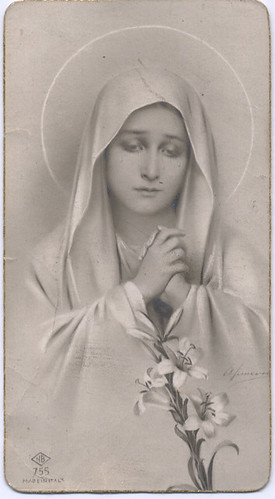"Paladin" = "virtuous warrior" (originally a reference to the 12 noble peers of the court of Charlemagne, but generalized to refer to any warrior dedicated to the heroic ideals of Christian virtue)
The three powers, or "faculties" of the rational soul:
- "Intellect" = the power of the soul by which we apprehend truth; the faculty by which we "know" things
- "Will" = the radically free power of the soul by which we embrace one option over another; the faculty by which we "choose" things
- "Memory" = the power of the soul by which we retain experiences of the past; the pfaculty by which we "remember" things
- "Faith" = the act of the will by which we believe all that has been revealed by God, Who can neither deceive nor be deceived
- "Hope" = the act of the will by which we believe that God's promises will be fulfilled, and that He is in control
- "Love" = the act of the will by which we freely choose the best good for another person, regardless of the cost to us
(Note: none of these are "passions" or "emotions"--despite the propaganda of the modern culture!)


1 comment:
"Faith" = the act of the will by which we believe all that has been revealed by God, Who can neither deceive nor be deceived
By using this definition, you're excluding from Faith beliefs that are false. If you are right about Jesus, then the beliefs of an Orthodox Jew about the messiah are not faith. If the Orthodox Jew is right about idolatry, then your beliefs about the Eucharist are not faith.
If God were to reveal something to you, you'd be sure of its truth. But the "gift"(1) of prophecy is incredibly rare in this day and age. Most of what we know about God came to us from other people, whose intellects are imperfect.
(1) I use quotation marks because in many ways it was a curse.
Post a Comment